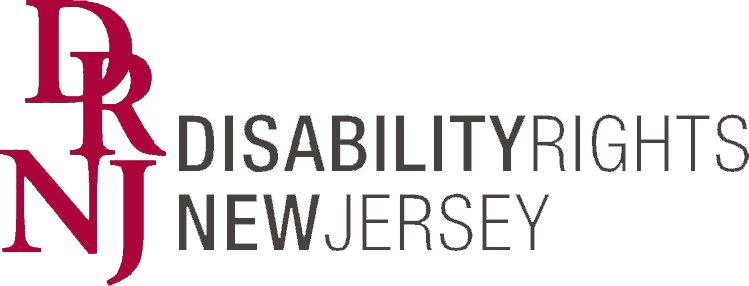
Nursing Home Care
The nation’s 1.3 million nursing facility residents are among those at the greatest risk of illness and death from COVID-19. The virus is spreading ruthlessly in nursing homes across America, and sadly, New Jersey’s residents have not been spared. Shortages in PPE, lapses in care due to staffing issues, a lack of transparency from facility administrators, and inadequate precautions taken to control the spread of the virus, are causing our most vulnerable population to suffer, and in some cases fall victim to this pandemic.
At Disabilities Rights New Jersey, we have the unique authority to monitor care facilities and nursing homes, as the state’s designated protection and advocacy agency, however due to the visitation restrictions placed by facilities, and stay at home orders, we have not been able to access places like Andover Subacute and Rehabilitation Centers I & II where New York Times article recently revealed "After Anonymous Tip, 17 Bodies Found at Nursing Home Hit by Virus," April 15, 2020.

COVID-19 Medical Rationing
As the COVID-19 crisis increases in the United States, and the critical need for medical care surges, Disability Rights New Jersey is concerned that there may be shortages of medical equipment, which may lead to rationing.
In a letter (above) addressed to Governor, Phil Murphy on April 3, 2020, Gwen Orlowski, Executive Director of the protection & advocacy agency, emphasizes that the lives of people with disabilities are inherently valuable, and under the law, they have an equal right to health care treatment, and any policies developed by the state must adhere to these civil right protections.

Hospital Visitation Policies
In a letter sent over the to Judith M. Persichilli, Commissioner of New Jersey Department of Health, and including Governor Phil Murphy, Disability Rights New Jersey addressed the concerns of individuals with disabilities, and their families, where hospitalization is necessary during the COVID-19 crisis.
In many cases, it is critical for a support person such as a family member/loved one, guardian, DSP, PCA to accompany individuals with disabilities during hospitalization, due to communication or behavioral limitations. Under the Americans with Disabilities Act (ADA), Section 504 of the Rehabilitation Act, and Section 1557 of the Affordable Care Act (ACA), it is their civil right to have reasonable accommodations, including a support person, even during a pandemic.

The Right to Education for Children with Special Needs
The US Department of Education (USDOE), caught off guard by this pandemic, sent out a guidance memo on March 20, 2020, stating that if school districts are not providing any educational services to the general student population, then they don’t have to provide a free, appropriate public education (FAPE) to students with disabilities under the Individuals with Disabilities Education Act (IDEA) and Section 504 of the Rehabilitation Act (Section 504). Conversely, if the districts are providing educational services to all the students, then it must provide FAPE, too.

Economic Stimulus Payments
The Treasury Department and the IRS agreed to provide $1,200 stimulus payments automatically to adult recipients of Social Security, railroad retirement benefits, Supplemental Security Income (SSI), and certain veterans’ pension and disability benefits who don’t usually file a tax return, instead of making them file one. In a press release on April 20, 2020 the IRS announced that Social Security (including Social Security Disability Insurance) recipients and railroad retirees caring for child dependents must declare them on an online IRS form by 12pm EST on April 22, 2020 so the IRS can add the extra $500 for dependents to their stimulus payment. This equates to roughly 1 million children that could miss out on the $500 stimulus payment their parents or guardians should receive, if the online IRS form is not completed before the unreasonable deadline.
